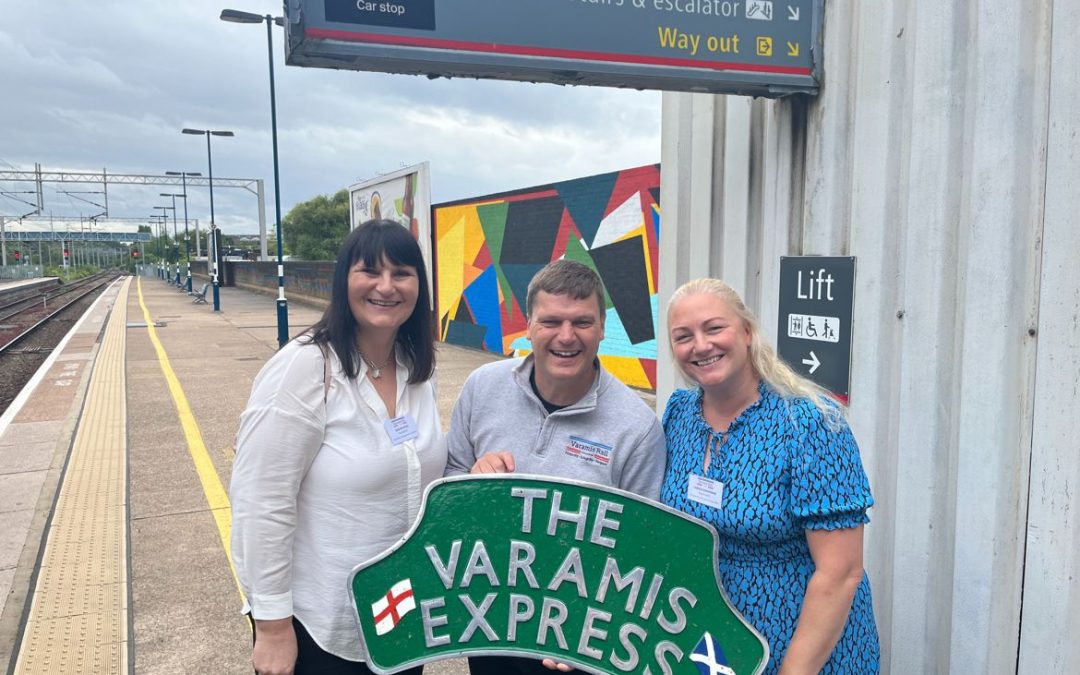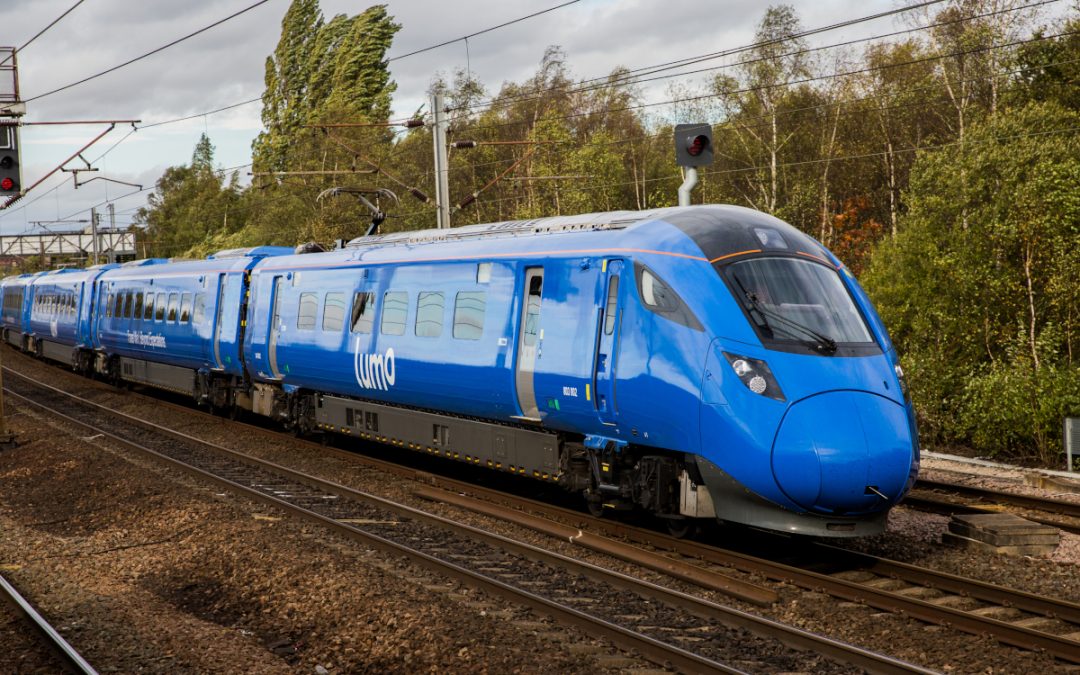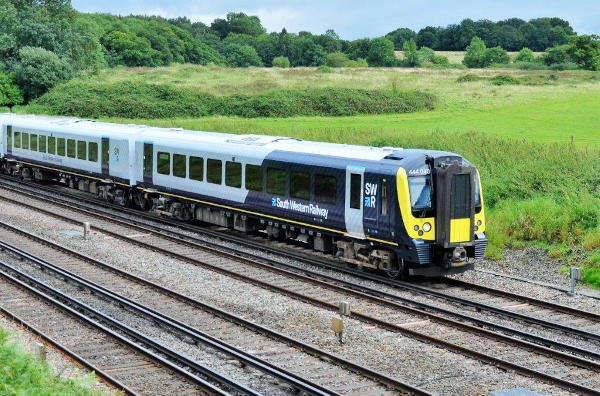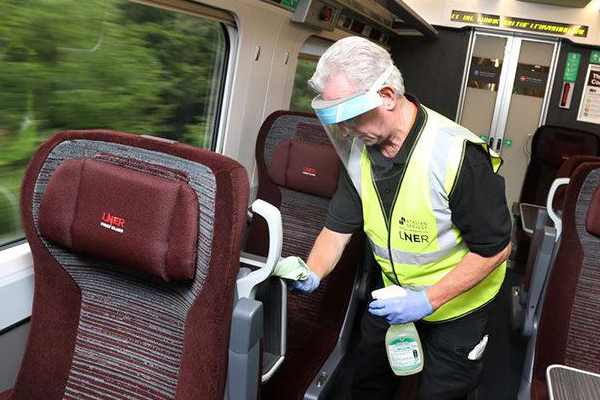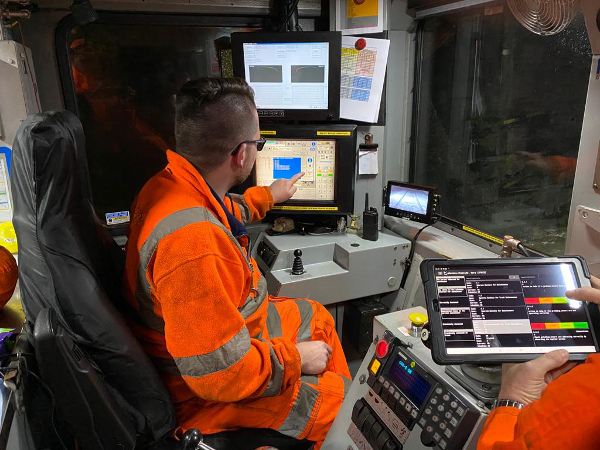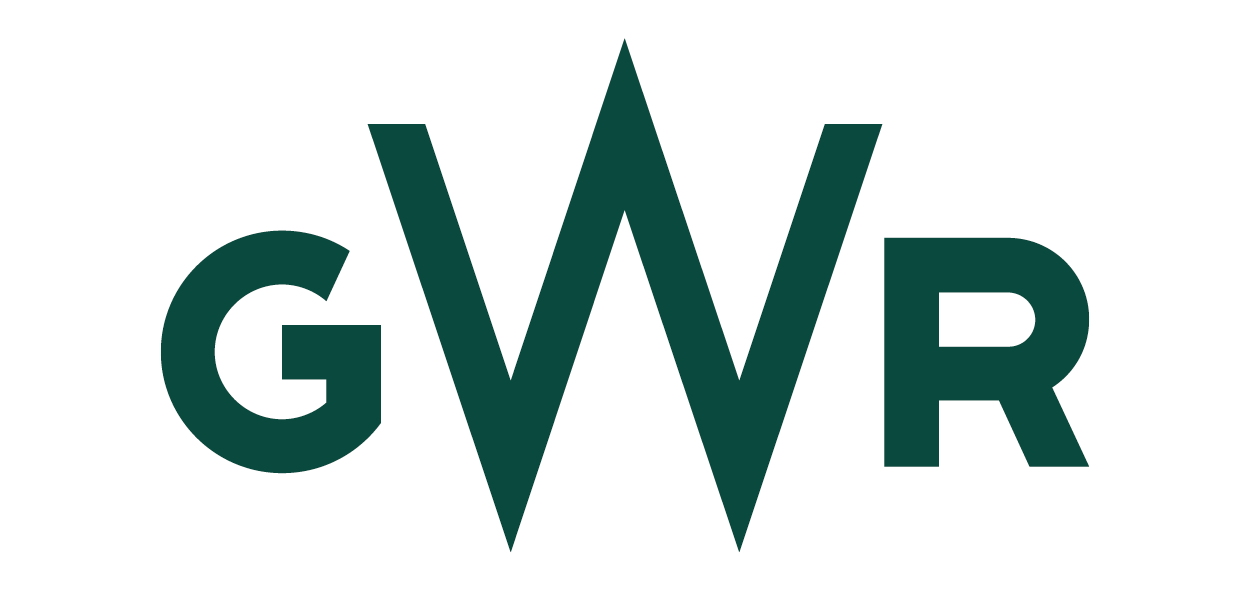
CUSTOMER CASE STUDY

Bridging the gap between training and ongoing competence: Great Western Railway Case Study
Great Western Railway use eLearning to support train driver self-development.
Great Western Railway (GWR) is one of the largest train operating companies in the UK and is part of FirstGroup plc. With over 1000 drivers to train geographically dispersed throughout England and South Wales, all with varying IT skills and limited time to engage with learning on the job, GWR are presented with a challenge in supporting and managing train drivers’ learning and development.
Culturally, there are a number of barriers as well. Like so many industries, training on the railway is usually delivered through a top-down approach and is viewed as something that is “done to you”. Training and assessment can elicit fear as candidates worry the outcome will be that they are not ‘perfect’ and as a result could lose their job.
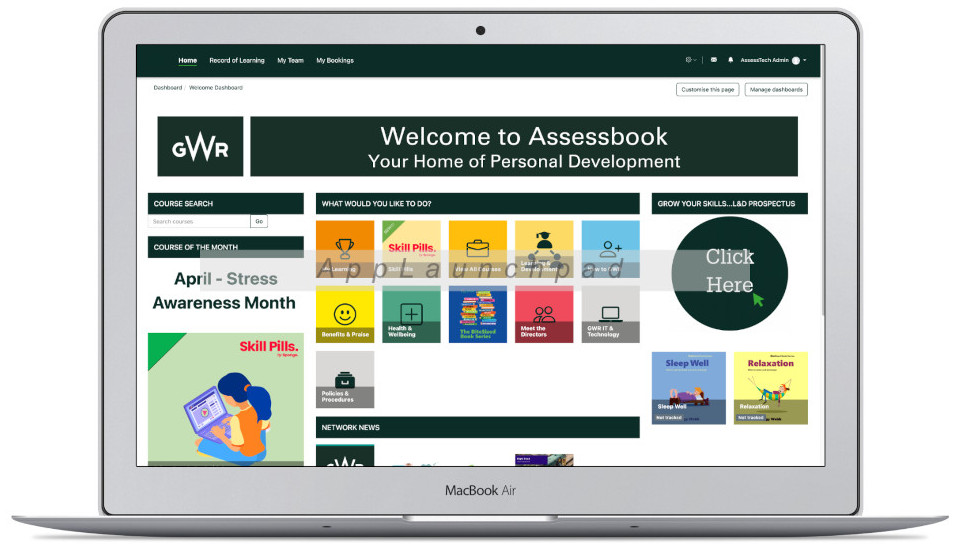
Great Western Railway use AssessBook
This perception creates a barrier to self-development, as it requires everyone to acknowledge their human fallibility.
Breaking down barriers to self-development
At GWR, there is a drive to break down these barriers such that the result is a shift in culture to a place where individuals are supported to own their competence. Fallibility doesn’t need to be feared by default as part of a fair culture, where it is acknowledged that skills and knowledge wax and wane over time.
This ethos chimes with that held by AssessTech. As a training and technology company providing solutions to empower people at the heart of the railway, AssessTech have partnered closely with GWR to support this culture shift through developmental competence management.
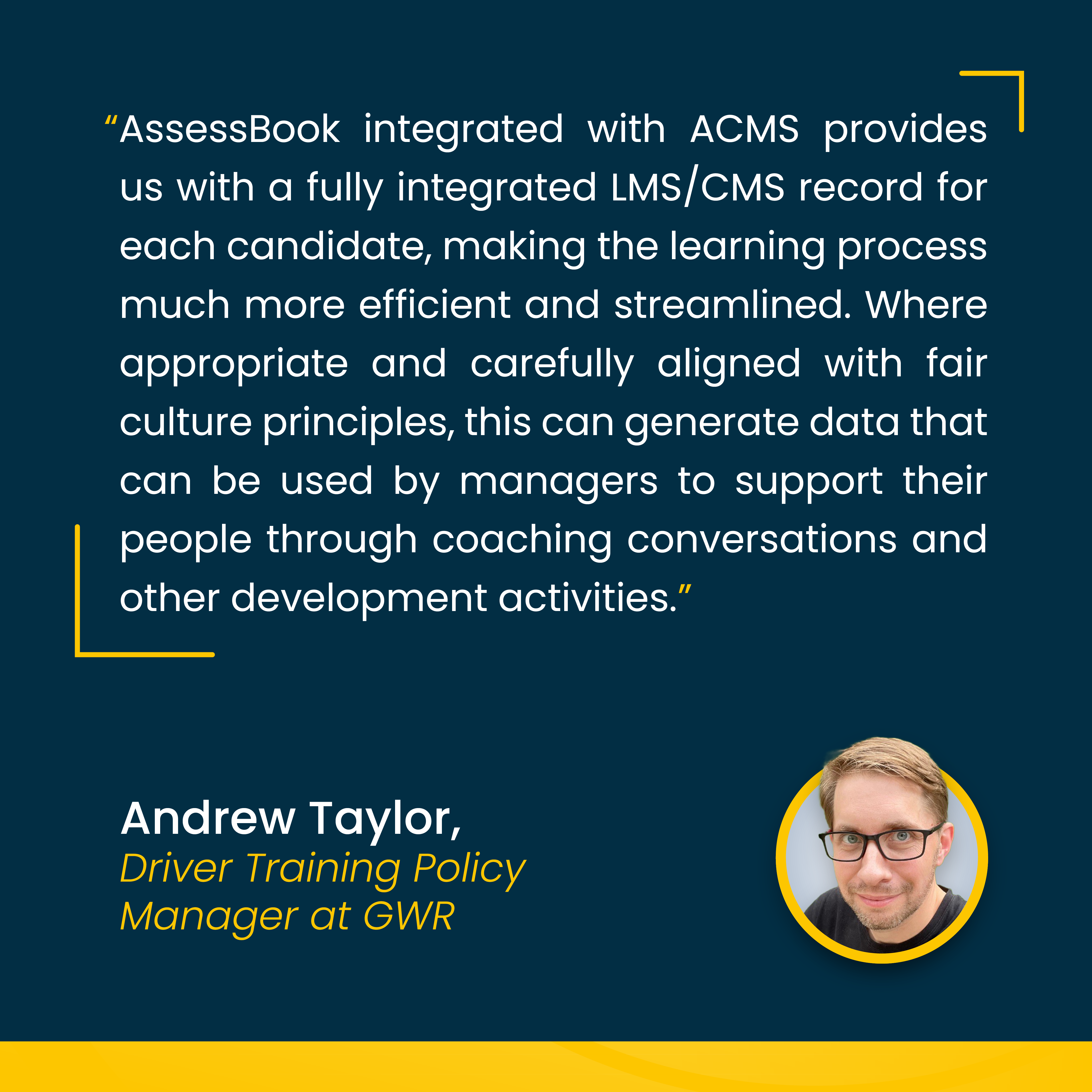
Competence management solutions
Developmental competence management is a continuous process that achieves lower business risk, a reduction in incidents and improved performance. Each of the solutions provided by AssessTech is underpinned by the understanding that candidates are on a journey of competence and everyone’s journey is different.
GWR’s solution using ACMS/AssessBook
GWR have adopted both ACMS and AssessBook to support this endeavour. ACMS is an assessor-led competence management solution which provides a complete view of a candidate’s competence record whilst AssessBook is a candidate-driven learning management solution that provides a complete view of a candidate’s training and learning, underpinned by Totara’s LXP product.
The two solutions are integrated such that assessors, managers and candidates across GWR can access the complete history of their training, learning and assessments at each stage of their journey.
GWR use this integrated model to great effect as part of their assessment strategy in both a formal and non-formal context.
As part of GWR’s Competence Management System (CMS), each candidate is on a schedule of formal assessment events (in ACMS). To avoid end loading assessments, ACMS can be used to track criteria throughout the schedule such that items for development (marked using a grading scale) can be addressed at the next event.
eAssessment in AssessBook (either SCORM-based or through the native Totara quiz engine) has been increasingly used during formal learning such as traction (train type) conversions. These generate raw assessment data about what the candidate does know, leaving room to explore what the candidate doesn’t know, never with an assumption until 1-to-1 feedback has been undertaken.
This data is output from the AssessBook database and is then presented in ACMS as a report to aid the assessor-led event with the candidate.

This formal use has paved the way for unsupervised knowledge checks in activities such as Safety & Business Briefs. The assessments are configured in AssessBook to provide immediate feedback and signposting to complementary resources for learners for both incorrect and correct answers.
In addition, bite-sized eLearning forms a key part of the strategy to engage learners on a daily basis, when driving duties allow. The aspiration is to complement episodic top-down competence management with bottom-up everyday questions and signposting toward further eLearning and resources.
As a result, the event cycle becomes self-sustaining with the candidate front and centre of the process to manage their competence. This also ensures that managers’ time is spent focused on areas for development prioritising support and training where it is needed, preferably as identified by the colleague, as well as providing evidence to praise areas of greater proficiency and expertise.



